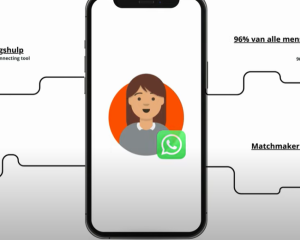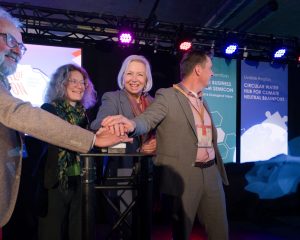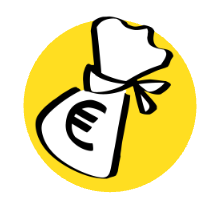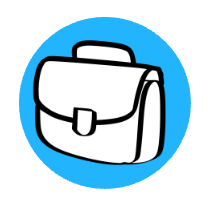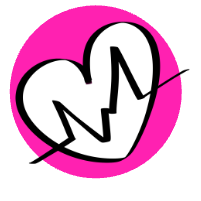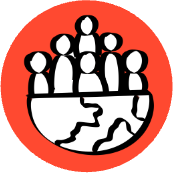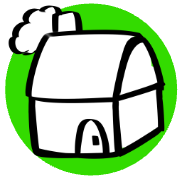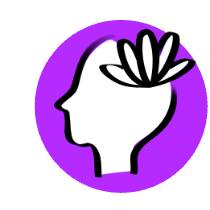Everyone should have equal access to opportunities, regardless of their differences. Yet, in the Netherlands, 3.1 million people struggle with reading, writing, arithmetic, or digital skills—essential tools for navigating daily life.
Without these foundational abilities, keeping up with an increasingly complex society becomes a challenge. At Eindhoven Engine, we believe that inclusion and self-sufficiency are fundamental rights, not privileges.
By developing the right approaches, we empower individuals to build the skills they need to fully participate in society. Closing this gap isn’t just important—it’s necessary. And we’re committed to making it happen.
* Since March 2025, the number has risen from 2.5 to 3.1 million people who lack basic skills.
Join us to create more awareness and developing solutions for people with lack of basic skills and the organizations that support them.
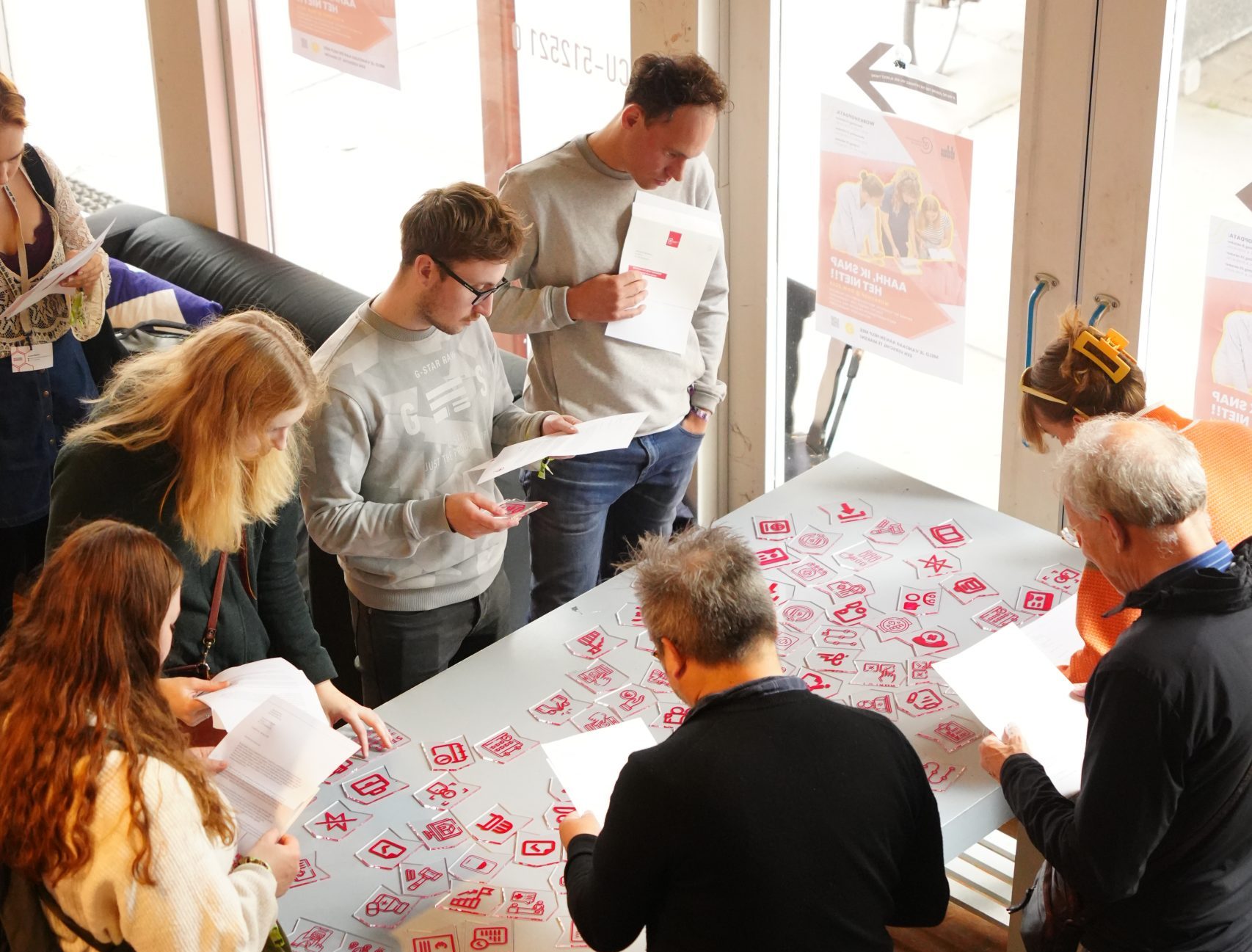
The power of understanding each other, because sometimes you just don’t get it…
Book the awareness workshop
Through an immersive experience, you feel what reduced language skills mean. And how the complexity of the current help landscape actually widens the gap within society. It positively encourages you to take action through critical reflection.
- For more information or to book a workshop, please contact Lotte Geertsen, Program Manager Inclusive Society.
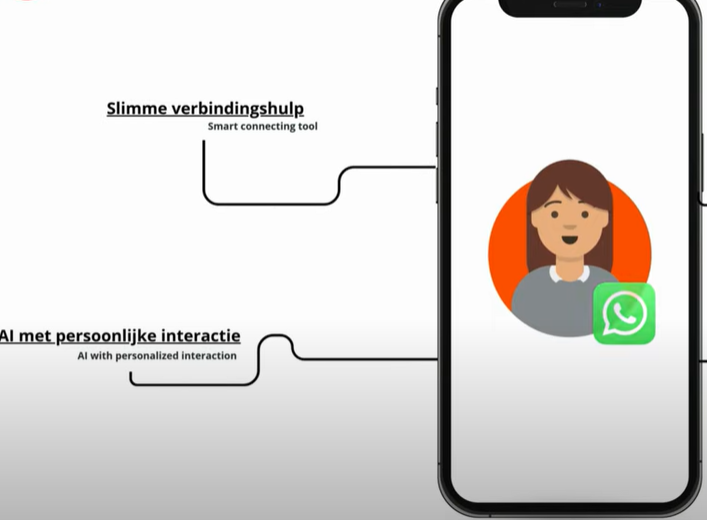
Mijke the Matchbot
Discover how AI helps connect people with the right support services
Finding the right help is a major challenge for people who struggle with reading, writing, math, and/or digital skills. On their first attempt to seek help, 4 out of 5 people end up at the wrong organization. Due to shame or not knowing what to do next, their search often stops there.
Mijke the Matchbot is the smart AI tool that can help! Mijke listens carefully and wants to understand exactly what you need. She responds in a friendly and clear way and guides you straight to the right support service.
- More about Mijke the Matchbot
- Contact Jéssica Goss, product owner and product designer Mijke the Matchbot, for more information.
Join us to close the gap
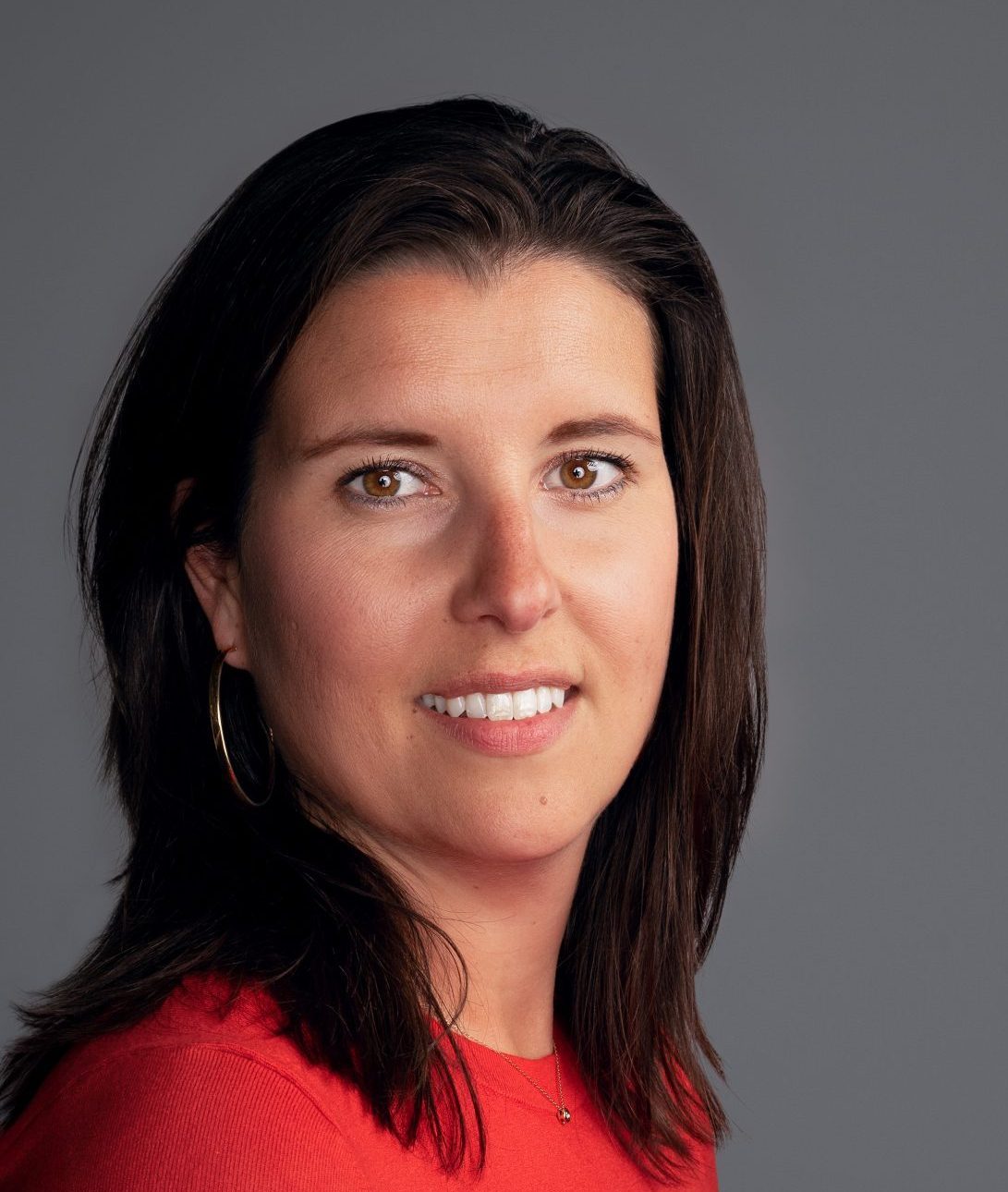
For more information about inclusive society, the project Lack of basic skills and/or the possibilities for a workshop.
- Email: c.h.e.geertsen@tue.nl
- LinkedIn: Lotte Geertsen | LinkedIn
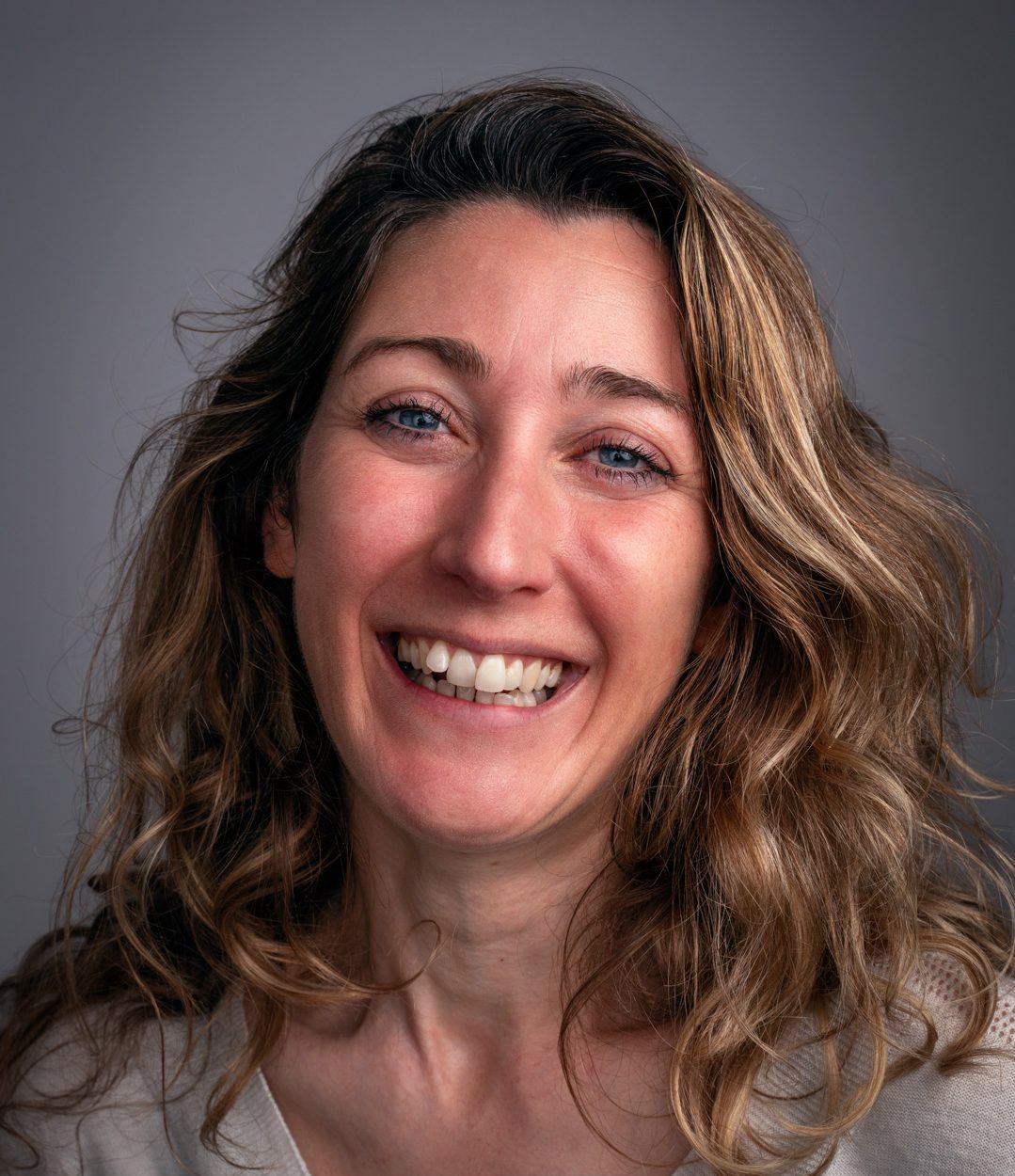
For more information about Inclusive society (student) assignments.
- Email: m.j.notten@tue.nl
- LinkedIn: Merel Notten | LinkedIn
Manifesto
We build solutions that fit the context, we currently work in: finance, work and activities, health, social relations, living and purpose. We showcase successful pilots alongside already available tools that fit our target audiences. The developed interventions are creative and based on cutting-edge technologies, through for example gamification and artificial intelligence.
Are you eager to know more how Eindhoven Engine takes up this wicked problem? Then download our Manifesto:
Student assignments
Securing financial Safety
Netherlands has a fair chance to reach financial independence and security
Enhancing accessibility and usability
Blended care for all patients
accessible. This helps prevent complications and promotes equal care for all patients
From prototype to production
Bringing Mijke to the market
Domains
We use a domain-approach to build solutions that fit the context.
Finance
Work and activities
Health
Social relations
Living
Purpose
Latest news
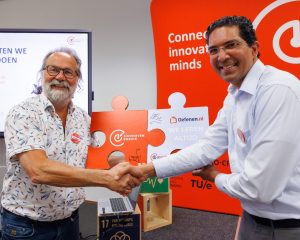
Oefenen.nl and Eindhoven Engine Digital join forces to use digital technology to bridge the gap in basic skills
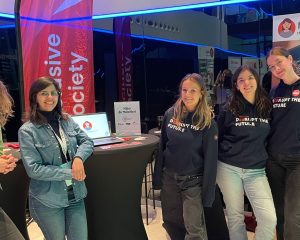
Eindhoven Engine present at the Slim Samenleven Dagen 2025
